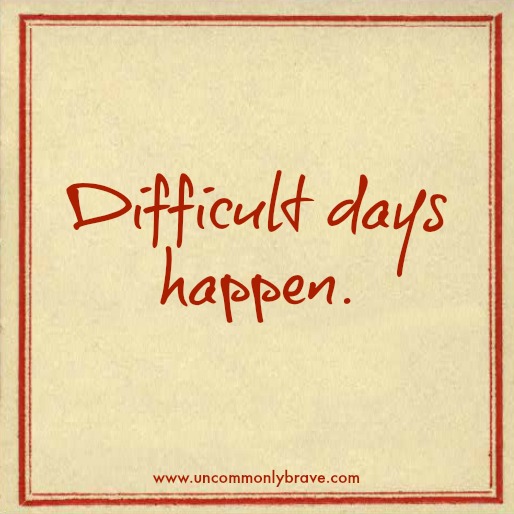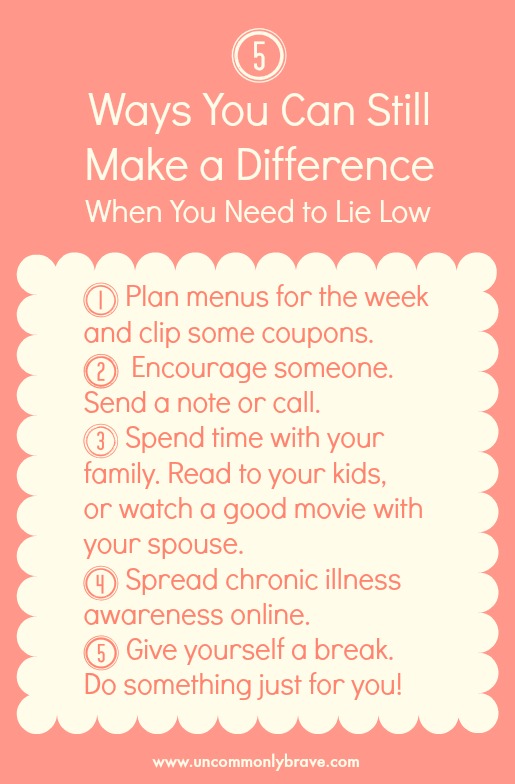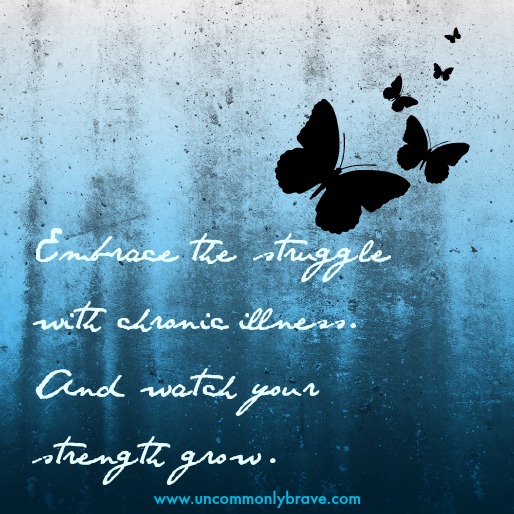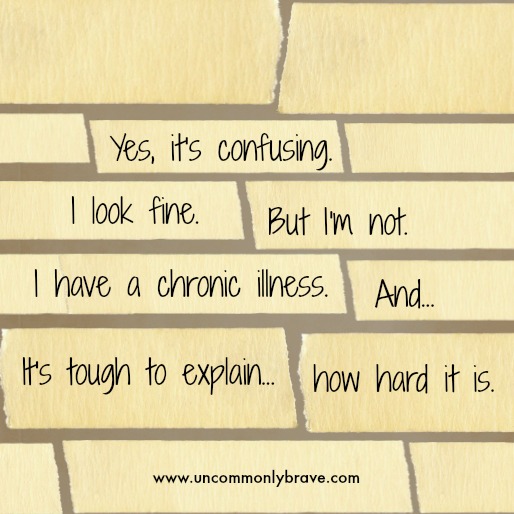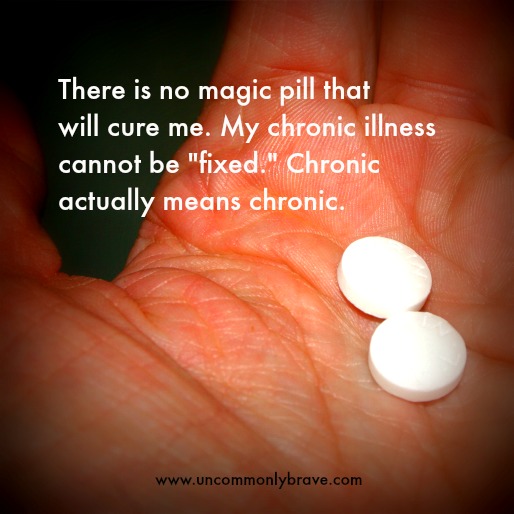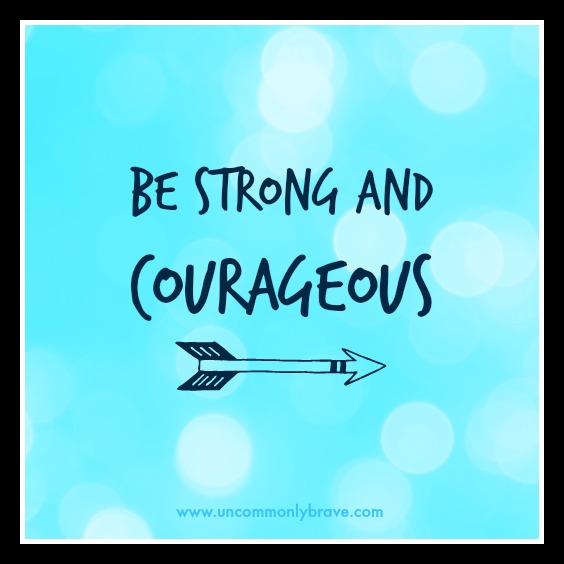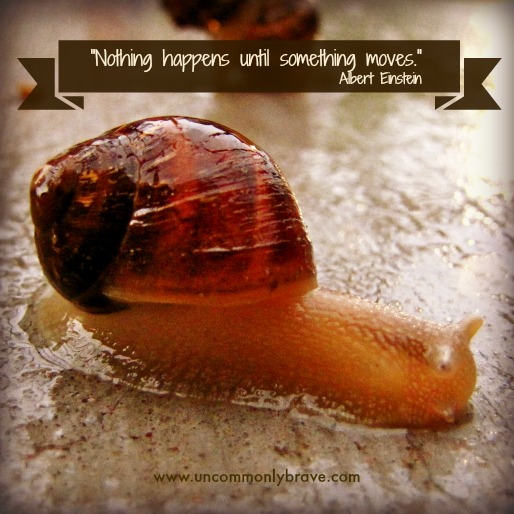
It requires bravery to count your blessings when it seems like your body is falling apart. When you have a chronic illness, it’s easy to ignore the good. When things around you are in a natural state of decline, you can get sucked into the sentiment that everything is going to “heck in a hand basket.” And when we fall into these thinking traps, it is difficult to recover. In this state, we see scarcity in the world.
Thought it can be difficult at first, I believe you can learn to count your blessings. You can learn to see the abundance in the world. Here are a few tricks that I use to help me get started:
- Thankfulness – I can choose to be thankful for the little things and the big ones. Whether it’s rain for the grass or a diagnosis that helps guide my healthcare, I can choose to count those as blessings.
- Comparison – Though comparison is always a game of subjectivity, when I compare my life to that of others, it’s always possible to find someone with pain or symptoms worse than mine. I can count my lesser symptoms as blessings.
- Wisdom – I have learned a ton through being chronically ill. I can choose to count all my new knowledge and wisdom as a blessing.
- Strength – I have gained physical, intellectual and emotional strength over the many years of my illness. This hard-earned strength has become a blessing that now spills over into other’s lives!
- Friendships – Because of my illness, I have gained new friends…others who have similar symptoms and parents of children who have chronic illness. What a treasure it is to count those blessings!
I could go on…but you get the point.
Sometimes what starts out as pain, ends in a gift: blessings you can count. Choose to count your blessings today. You are not simply lucky. You are blessed!

